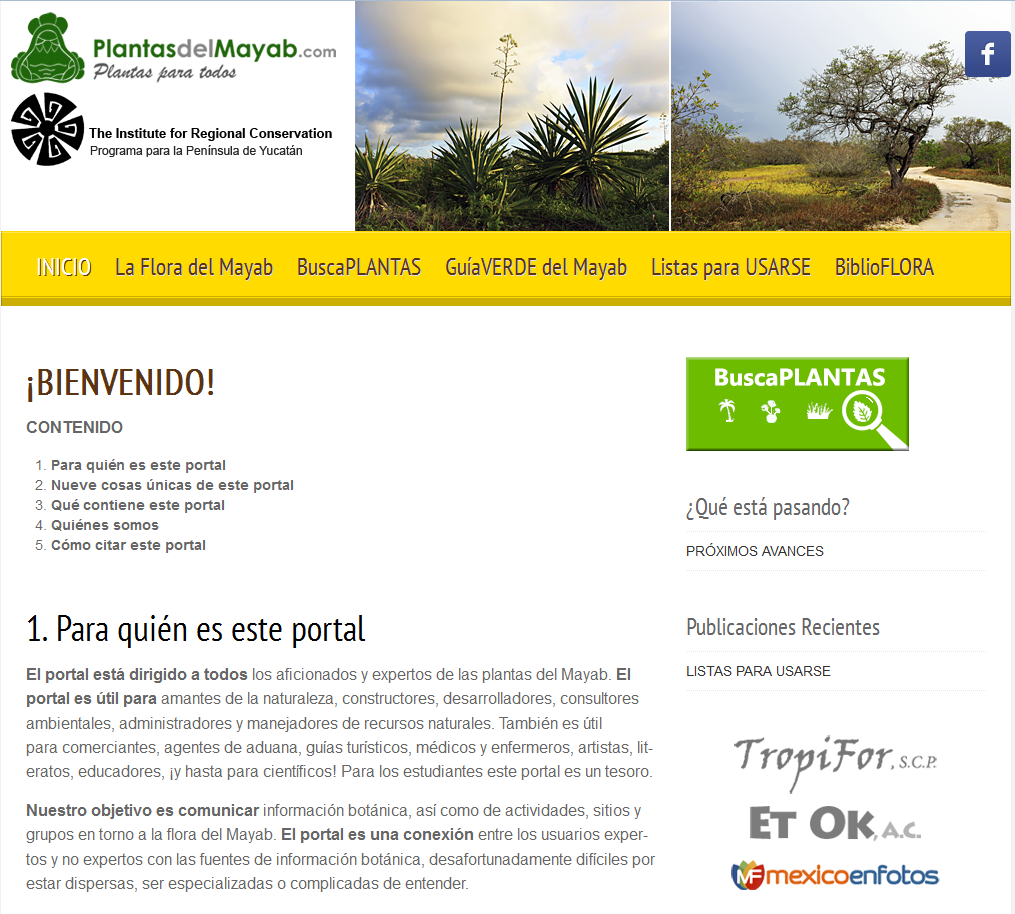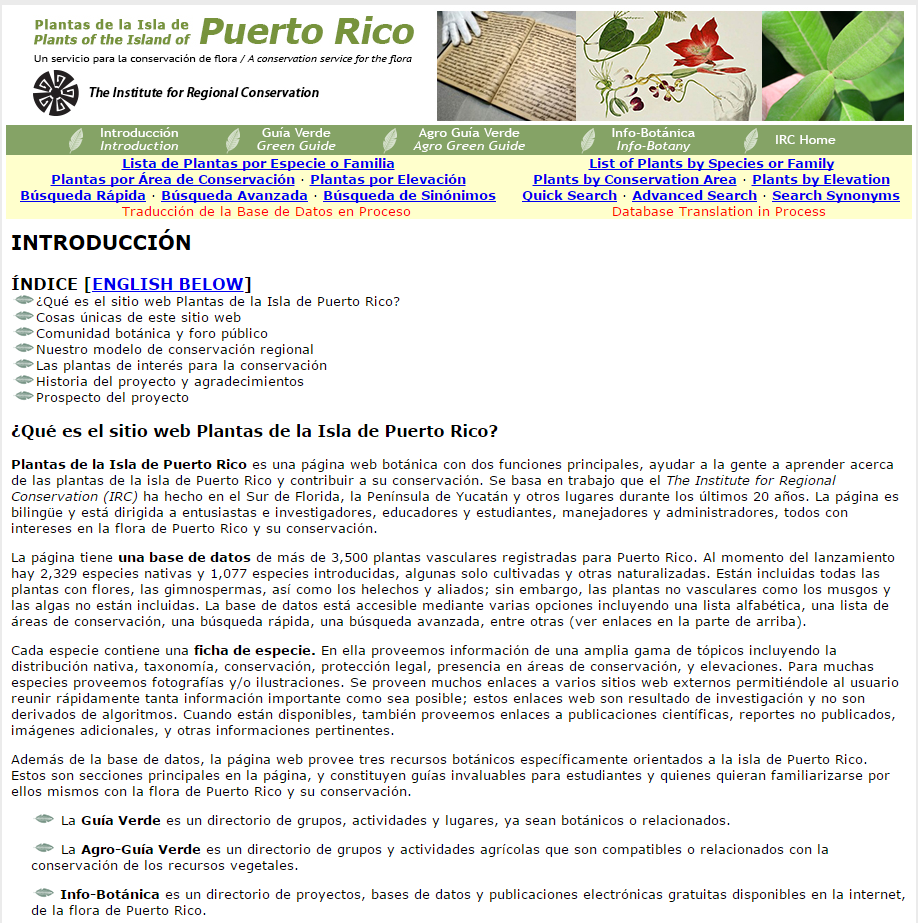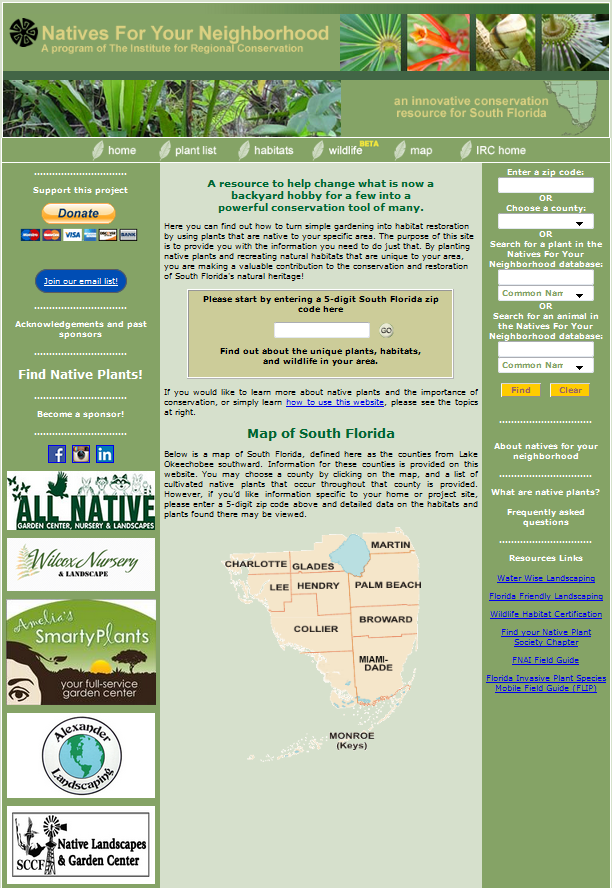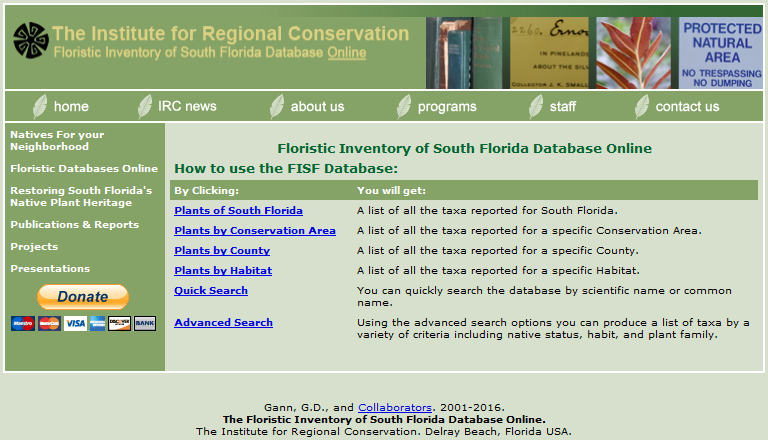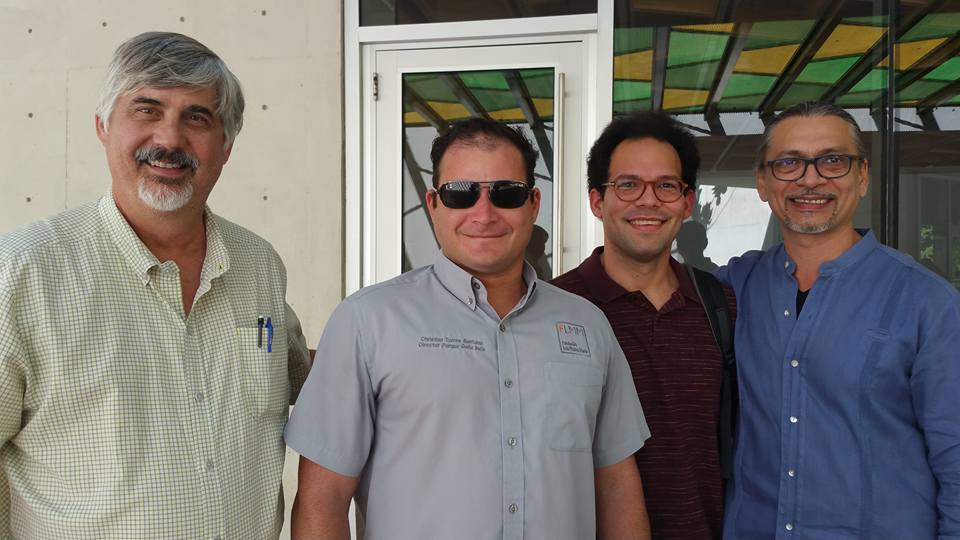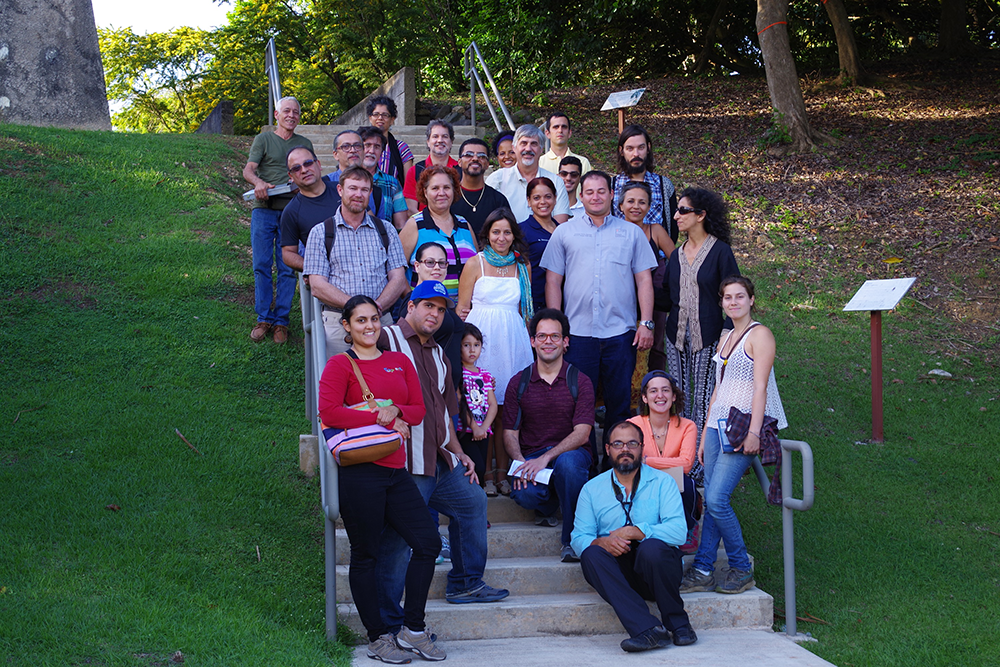Regional Conservation Models (RCM)
IRC's mission demands that we conserve entire ecosystems and all the species found within them, not only the charismatic species or the ones with small ranges. To this end, IRC has developed innovative models of regional conservation that are tailored to unique regions and stakeholders. Using date from field inventories and publicly available information, IRC has developed a number of online databases that are widely used to inform conservation planning, restoration and management. These online databases serve as important tools for land managers & land owners, researchers, students, and the interested public. We also work with government agencies and conservation organizations to leverage our data and experiences to improve conservation on the ground. Collaborators include the U.S. Fish and Wildlife Service, National Park Service, U.S. Forest Service, State of Florida, Miami-Dade County, Florida Native Plant Society, and the City of Delray Beach. IRC also contributes to international policy work on ecological restoration and biodiversity, and collaborates in other regions to promote the regional conservation concept.
Sample regional conservation tools:
Floristic Inventory of South Florida. We compiled information on more than 2,500 species of plants found in more than 400 conservation areas as part of The Floristic Inventory of South Florida (FISF). The website received more than 170,000 page views in 2018. Our data are used to help managers and scientists conserve rare plants in protected areas such as Everglades National Park and Miami-Dade County Natural Areas.
Rare Plants of South Florida.We published IRC’s critically acclaimed book Rare Plants of South Florida: Their History, Conservation, and Restoration (2002), which assessed the conservation status of all 1435 species of native plants, emphasizing the alarming loss of species in the region and provided detailed species accounts of the rarest 350 species.
Natives for Your Neighborhood. We developed conservation tools for the general public, including Natives For Your Neighborhood, which uses zip codes to provide targeted information on more than 600 species of native plants that can be used for natural gardening and ecological restoration in South Florida. In cooperation with the Florida Association of Native Nurseries, Florida Wildflower Foundation and Florida Native Plant Society, we are now expanding out this innovative tool to the entire state of Florida. This web resource received more than 7500,000 page views in 2018.
Websites for Puerto Rico and the Yucatan.We developed the bilingual website Plantas de la Isla de Puerto Rico / Plants of the Island of Puerto Rico, and provided preliminary conservation assessments for more than 800 of the rarest plants on the island. A companion Facebook page has more than 3,600 members, who actively contribute images and data to the Plants of the Island of Puerto Rico website. We also have a preliminary website for the Mexican Yucatan (Plantas del Mayab (Yucatan)) together with a companion Facebook page with more than 3,500 members, and an upcoming website for the Bahama Archipelago.
Other RCM projects:
We collaborate with numerous other non-profit organization to promote the protection and restoration of biodiversity in Florida and around the world. We believe that only through cooperative efforts can we achieve our goals. Organizations with whom we have collaborated include the Society for Ecological Restoration, Tropical Audubon Society, Florida Native Plant Society, NatureServe, and The Nature Conservancy. We also work with many business and non-profit organizations in our home community, including the Delray Beach Chamber of Commerce, Community Greening, and Keep Palm Beach County Beautiful.
Regional Conservation Models requests
If you have a good, diagnostic photo of a plant and would like to add it to our websites, please send it to George Gann, our Chief Conservation Strategist. See the contact information below.
Contact Regional Conservation Model Scientists:
George D. Gann, Chief Conservation Strategist
The Institute for Regional Conservation
100 E. Linton Blvd, Suite 302B
Delray Beach, Florida, USA 33483
gann@regionalconservation.org
J. Carlos Trejo-Torres, Senior Botanist (English & Español)
Mérida, Mexico
karsensis@yahoo.com.mx
Photos
